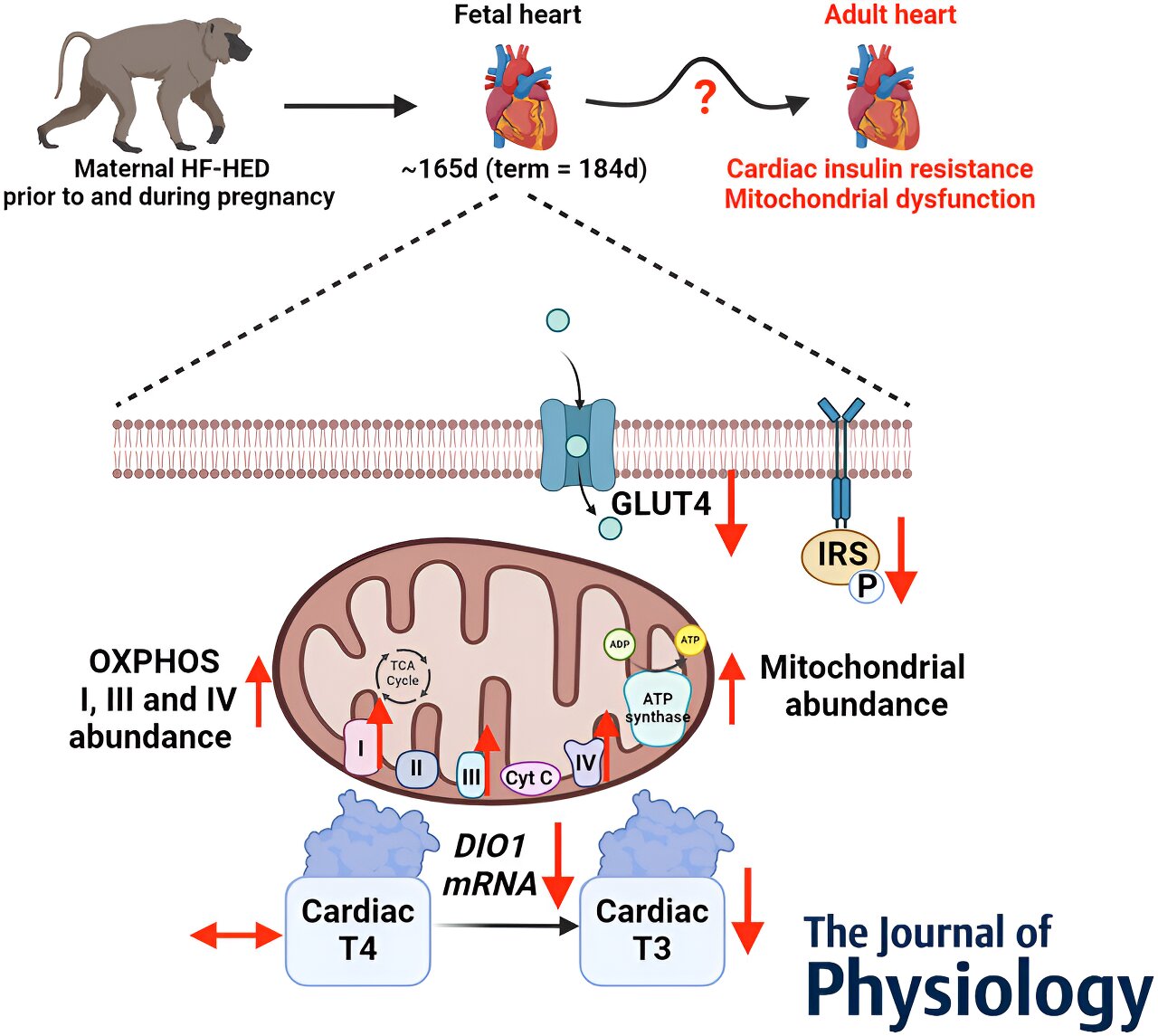A strong belief in their own academic ability can help children from low-income families defy the odds and achieve academic success, according to new research from Trinity College Dublin.
The study, led by Jillian Sheehan and Dr Kristin Hadfield, School of Psychology, focused on the academic resilience of children from low-income backgrounds, particularly in mathematics. The research drew on data from 1,715 children participating in the Growing Up in Ireland longitudinal study, following them across three waves of the dataset.
Poverty can put children at a significant disadvantage academically, with many lagging in academic performance, facing lower chances of completing secondary or higher education and receiving worse marks in State exams, according to the authors.
However, this new research reveals that, despite these challenges, many children living in poverty excel in school. This study, recently published in the British Journal of Developmental Psychology, offers fresh insights into the factors driving their success.
Key findings of the research include:
- Adolescents from low-income families with lower socioemotional and behavioural difficulties and a strong intellectual self-concept (belief in their own academic abilities) had better maths performance.
- Lower levels of parent-child conflict, higher parental educational expectations for the child, and greater parental education also emerged as significant predictors of better maths performance.
- Attending a school that is not part of the DEIS program was associated with better maths performance.
Dr Kristin Hadfield, Assistant Professor in the School of Psychology, commented: “Success in school can be a young person’s main avenue to break a cycle of disadvantage. By understanding the diverse factors that shape academic resilience, we can develop targeted interventions to empower young people from low-income backgrounds and enhance their educational outcomes.”
“In particular our findings suggest that strategies addressing young people’s belief in their own abilities, as well as their emotional and behavioural issues, could be important in enhancing academic resilience.”
Lead author on the study Jillian Sheehan said: “Coming from a disadvantaged area in the Northside of Cork city and having attended what is now a DEIS school, this research holds great significance for me. The harsh reality is that academic achievement within our current educational framework is influenced by factors far beyond a child’s internal characteristics. Our research underscores the pivotal roles of parents, teachers, educators, researchers, and policymakers in the pursuit of educational equity in this country.”
“Our research is timely, offering valuable insights for policymakers, educators, and families as they strive to close the achievement gap and support all students in reaching their full potential. The findings underscore the importance of a comprehensive, multisystemic approach to supporting the academic success of youth from disadvantaged backgrounds.”


